Leader of the Islamic Revolution Imam Khamenei has described Basij as an invaluable legacy of Imam Khomeini, saying the fact that the late Imam was proud of being a Basiji demonstrates the high status of the volunteer force.
He said the transnational and cross-border aspects of Basij are among the outstanding features of the million-strong force.
"The 'formation of international cores of resistance' that Imam Khomeini had envisioned has come true in the region today, and the resistance cores are changing the fate of the region, an example of which is Operation Al-Aqsa Flood," he noted, referring to the Palestinian resistance groups’ operation against the Zionist regime on October 7.
Referring to the failed plan of the Americans to change the geopolitical map of West Asia, Imam Khamenei said, "A few years ago, in the issue of Lebanon, they said that they were looking for the formation of a 'New Middle East' based on their own illegitimate needs and interests, but they failed of course."
The US, the Leader went on, sought to destroy Hezbollah, but after the 33-day war, the Lebanese resistance movement became more than 10 times stronger than before.
He also called the United States' failure to swallow up Iraq through the establishment of a US-installed government another manifestation of the failure of the formation of the "New Middle East."
"In Iraq, which they sought to swallow up, the cores of resistance have entered the Palestinian cause today," he asserted.
Pointing to the fact that the geopolitical map of West Asia is changing in favor of the Resistance, the Leader of the Islamic Revolution described the first characteristic of this plan as "de-Americanization, meaning the negation of US dominance over the region," defining it as the loss of the United States' political power and dominance.
Imam Khamenei underlined that the US is taking measures to dominate the region by strengthening the Zionist regime and by encouraging other countries to establish relations with it. "A clear and obvious sign of the de-Americanization of the region is the deeply historic event of the Al-Aqsa Flood. Even though this operation was against the Zionist regime, but it was also an act of de-Americanization," he added.
On the same note, the Leader of the Islamic Revolution remarked that, "Operation Al-Aqsa Flood changed the table for US policy in the region, a table that will be eliminated if this flood continues."
Imam Khamenei further noted that the "disruption of false and imposed dualities in the region" is another feature of the new West Asia. "The dualities of 'Arabs and non-Arabs,' 'Shias and Sunnis' and the myth of the Shia Crescent have diminished. A clear example of this can be seen in the case of Palestine since during the Al-Aqsa Flood and before that, Arab and non-Arab Shias have provided the most help to the Palestinians."
The Leader of the Islamic Revolution added that, "In the face of those imposed dualities, a new duality called 'resistance and submission' has come to dominate the region."
Imam Khamenei also underlined that "solving the Palestinian issue," in the sense that Palestinian sovereignty should be established in all Palestinian lands is another feature of the new West Asia.
Elsewhere in his speech, the Leader referred to the Islamic Republic’s proposal for the future of Palestine, which involves a referendum for all Palestinians inside and outside of Palestine.
"Some say that the Zionist regime will not agree to this idea. However, this resolve must be imposed on it. If this plan is pursued, and God willing it will, and if the cores of resistance pursue their incentive in a serious manner, this goal will be achieved."
Imam Khamenei highlighted the importance of Al-Aqsa Flood in helping Palestinians get closer to their goals. He underlined that this operation has angered the Zionists and that they have lashed out by attacking hospitals, schools and public gatherings in the hope of extinguishing the flames of their anger.
Referring to the savagery of the Zionist regime as a result of its failure to achieve its goals, Imam Khamenei emphasized that the barbaric acts have not only disgraced the occupying regime itself, but they have also disgraced the US and Western civilization. "The Western culture and civilization is a civilization that martyrs 5,000 Palestinian children with phosphorous bombs in the name of self-defense."
The Leader noted that the tragedies that have taken place in Gaza during the past 50 days are a summation of the crimes the Zionist regime has been committing in Palestine for nearly 75 years. "The Al-Aqsa Flood is unextinguishable and God willing, this situation will not continue," he emphasized.
Elsewhere in his speech, he described Imam Khomeini’s foresight in recognizing the country’s urgent need for a great, voluntary force as the logic behind the formation of the Basij.
Imam Khamenei also highlighted the fact that Imam Khomeini's designation of the term "school of love" for the Basij was an indication that the Basij "with their love for God, spirituality and people" are moving in the right direction.
The final part of Imam Khamenei's speech was dedicated to giving practical advice to the members of the Basij.
The recommendations included: Increasing one’s insight, having initiative, being mindful of not playing into the hands of the enemy, being continuously optimistic about the future by relying on the true progress of the country as it faces the most severe forms of sanctions and pressures, avoiding conceit, appreciating the blessings of being a member of the Basij and considering it as a valuable entrustment from God, always trusting in God , recruiting "creative personnel” along with operational forces and giving more importance to planning, thinking and devising.
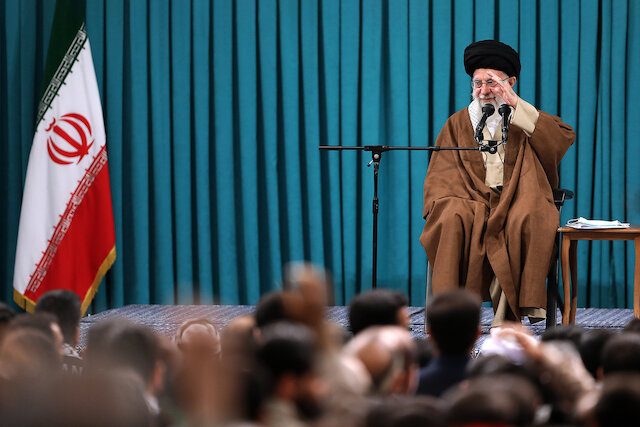
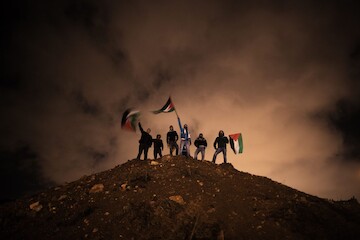
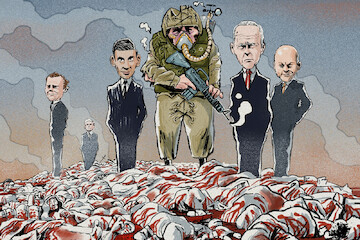
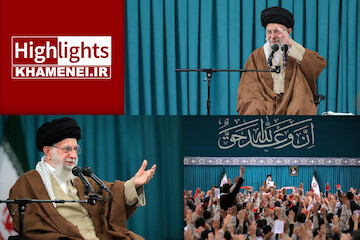
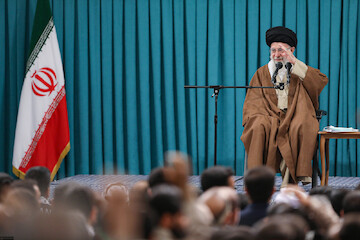
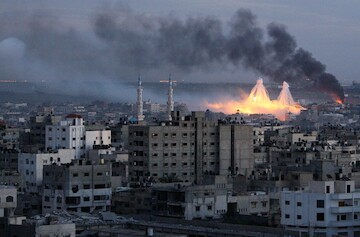

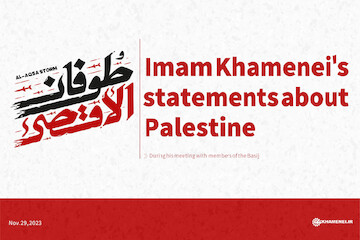

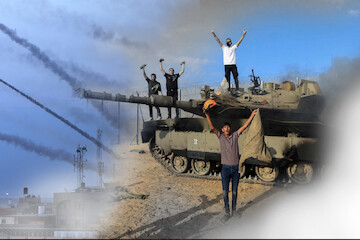
Comment